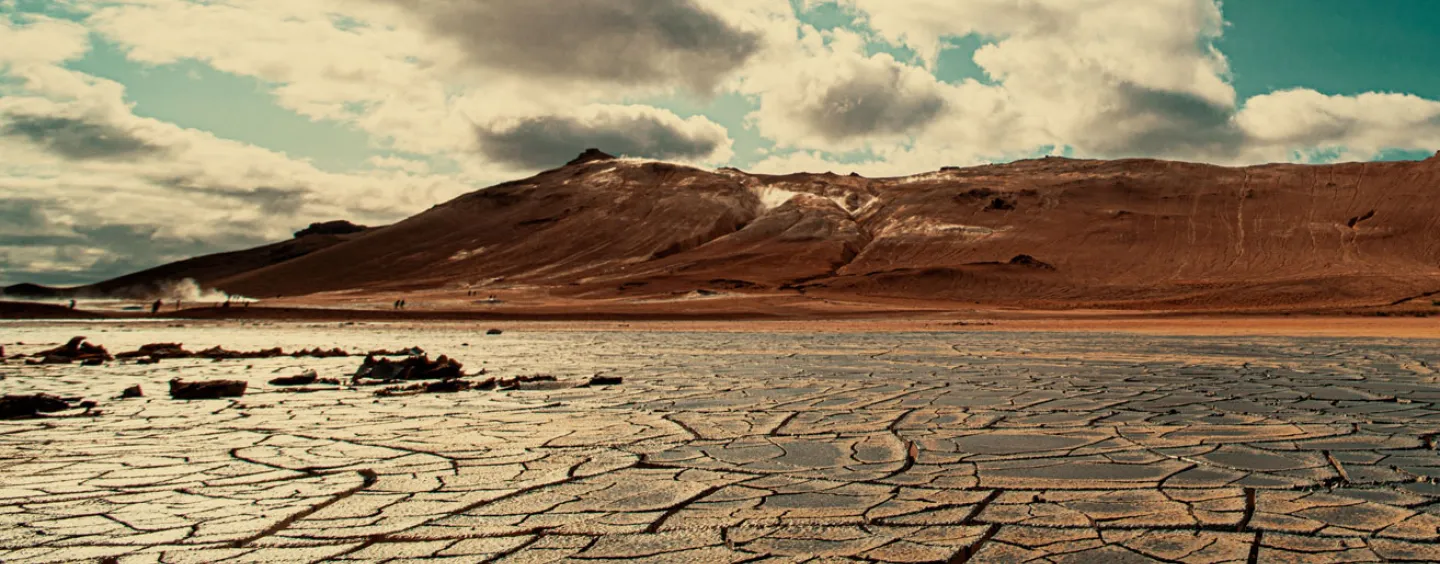
Climate Change
Ongoing climate change is one of the most pressing issues facing the planet. Climate change refers to a trend of significant fluctuations in major weather patterns and conditions brought about by increased greenhouse gases. The trend has seen significant variations in temperature, rain, wind, and other factors over a period of years.
Importance of Addressing Climate Change
An unstable climate causes problems for all life on earth. Although a natural slow change is unavoidable, rapid and dramatic shifts in climate causes more severe impacts, such as:
- Droughts, floods, and unpredictable rain patterns
- Increased temperatures and more frequent heat waves
- Higher sea levels and increased water temperatures
These conditions can damage agriculture, forest, and rangeland ecosystems. Decreased rainfall, increased carbon dioxide (CO2), and increased temperatures reduce the productivity of farms, ranches, and forests, which affect food supply and raise prices.
NIFA’s Impact
NIFA supports work that helps the nation adapt to conditions such as drought, flood, and extreme temperatures. The agency focuses on advancing the sustainability and health of agriculture, forests, and rangelands. NIFA’s long-term goals include:
- Developing new varieties of plants and animals that can adapt to climate change
- Increasing the removal of CO2 from the atmosphere by natural processes
- Identifying new management strategies for agriculture and forestry to adapt to climate change
- Increasing the sustainable use of natural resources
- Improving energy and natural resource conservation
For more information, visit Climate Change: Adaptation, Mitigation and Resilience.
